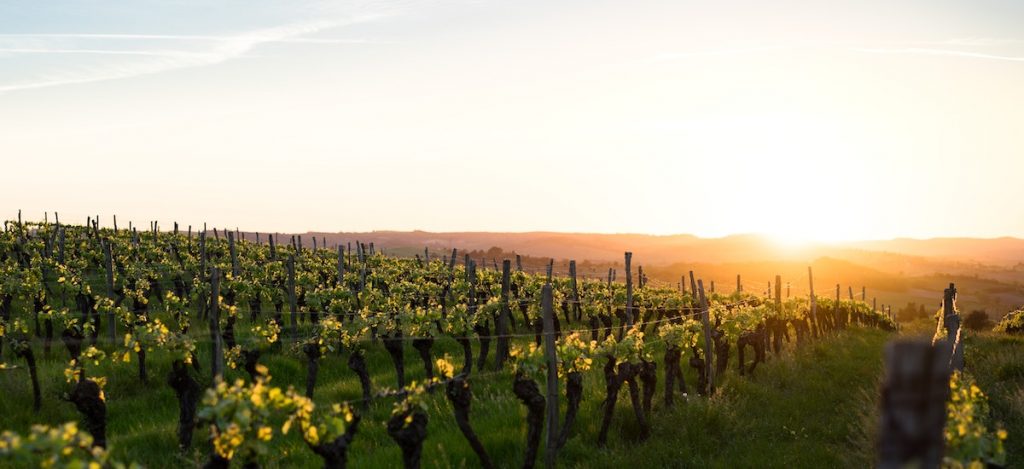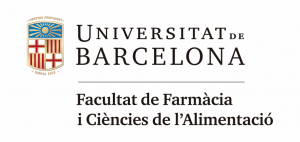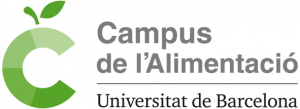Overview

The Food Studies & Gastronomy Program stems from the belief that food is an excellent vehicle to understand our local Mediterranean culture from a broad range of perspectives. The element of food, so vital to the everyday life of a place and its people, allows us to explore Barcelona, Spain, Europe, and the Mediterranean with an experiential, hands-on approach to learning.
Study abroad is without a doubt an enriching experience, which makes for fulfilled (happier) students, with better career prospects, thanks to having acquired new skills, values, and knowledge: language acquisition, cultural experiences, challenges at a personal level, etc. We wish everyone could study abroad!
What makes our program different from others is the fact that we apply the principles of experiential learning from the moment we start designing our courses. We encourage our students to be actively engaged in the learning process by posing questions, reflection, critical analysis, assuming responsibility, being creative, and constructing meaning.
Our courses are designed to be fully interactive, with empirical elements such as field studies, case studies of local Mediterranean foodways, blogs, roundtables, guest speakers, and more. Through all of these learning methods we aim to provide a strong local/country/regional perspective, which allows us to work comparatively with other geographies.
We encourage students to question each other’s views in order to reach their own consensus. We want them to put into practice the knowledge and skills they have been developing through other teaching methods.
We call our program “a truly experiential learning program”. What, you may ask, is the point of a study abroad experience if it’s not experiential? For us, it’s an absolute priority, because we want our students to be educated through first-hand experience, and practical knowledge, which we strive to include both inside and outside of the classroom. We embrace this experiential focus through methods such as: field studies, research projects, workshops, guest speakers, visits to local sites and organizations, etc. The skills, knowledge and values gained from this type of education will remain a memorable and formative part of our students’ experience.
The Food Studies & Gastronomy Program officially counts as a Curso Superior Universitario (Advanced University Course). The Program is housed by the University of Barcelona’s Faculty of Pharmacy, under its Nutrition, Food Science and Gastronomy Department. The majority of the department is centralized at the Torribera Food & Nutrition Campus, however, there is also a unit at the Zona Universitaria Diagonal Campus, which offers undergraduate programs in Pharmacy, Human Nutrition & Dietetics, Food Science & Technology, and Culinary & Gastronomic Sciences.



